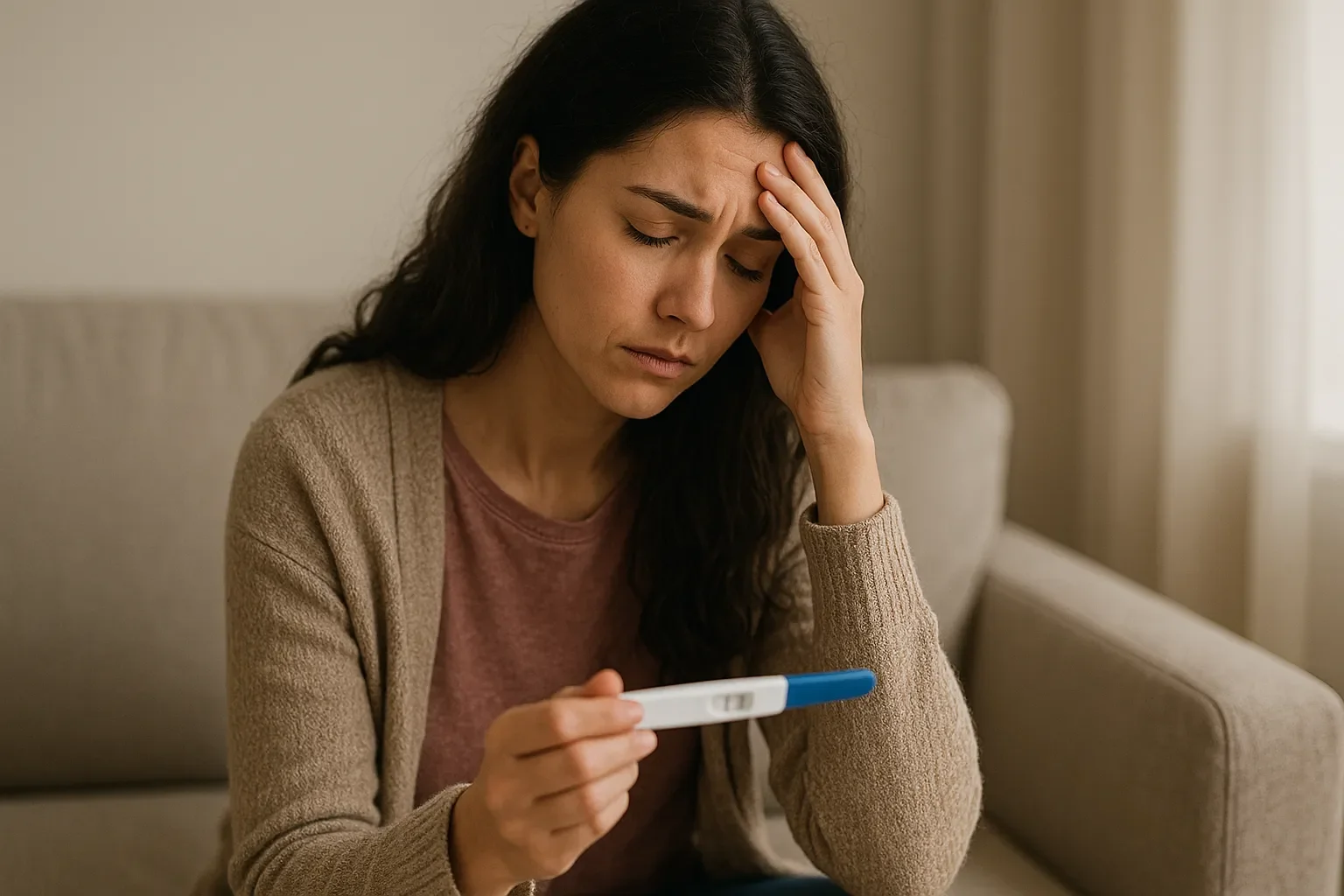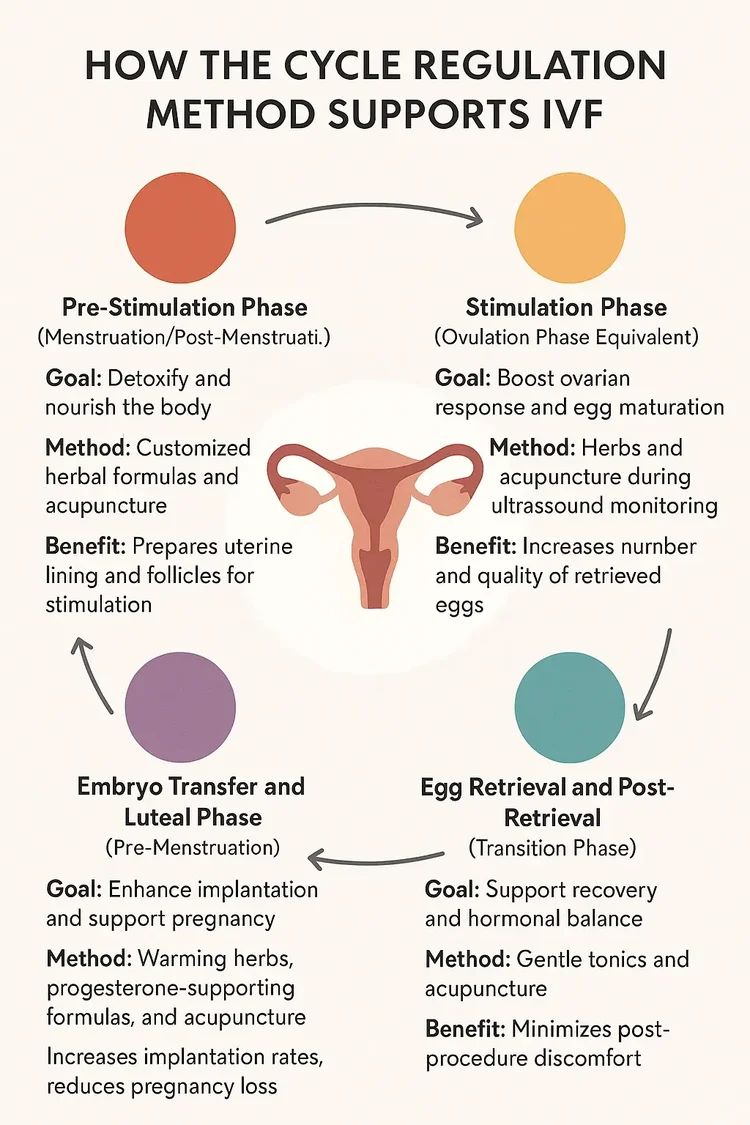
TCM Fertility Helping you move from repeated disappointment toward a higher chance of success and a healthier fertility journey.
What Factors Impact IVF Success Rates?
Western medicine has identified many factors that can influence IVF outcomes, including:
Age – Egg quality and quantity decline with age.
Ovarian reserve – The number of eggs available, assessed by AFC or AMH.
Underlying causes of infertility – Conditions like endometriosis, PCOS, POI, or endometrial receptivity issues.
Sperm health – Quality, motility, morphology, and DNA integrity all matter.
Lifestyle – Smoking, alcohol, weight, stress, and diet play a significant role.
Stimulation protocols and lab factors – Success also depends on the medical team and clinic expertise.
Embryo quality – Morphology, cell division rate, and genetic health impact outcomes.
How TCM Fertility Complements This
At TCM Fertility, we recognize the same challenges but take a broader view of the body’s internal environment. While IVF focuses on technology and procedures, TCM supports the body’s ability to respond. Through acupuncture, herbal medicine, and cycle regulation, we aim to:
Support egg and sperm quality by improving circulation and nourishing vital essence.
Enhance ovarian response during stimulation for more consistent results.
Prepare the uterine lining to increase implantation potential.
Stabilize hormones and reduce miscarriage risk by balancing Yin-Yang and Qi-Blood.
Address lifestyle and stress factors that directly affect IVF outcomes.
Many of our patients appreciate that TCM doesn’t replace IVF—it bridges the gap between medical treatment and whole-body wellness, giving them a higher chance of success and a healthier fertility journey.
How the Cycle Regulation Method Enhances IVF Success

The Cycle Regulation Method aligns with your menstrual cycle's four phases, using customized herbal formulas, acupuncture, and lifestyle adjustments to prepare your body for IVF. This approach is dynamic, adapting to each stage of your treatment cycle (e.g., pre-stimulation, stimulation, egg retrieval, and embryo transfer) and your individual health profile. (See the Cycle Regulation Method)
Pre-Stimulation Phase (Menstruation/Post-Menstruation):
Detoxify and nourish the body to create an optimal foundation.
Prepares the uterine lining and improves follicle responsiveness to stimulation drugs.
Stimulation Phase (Ovulation Phase Equivalent):
Boost ovarian response and egg maturation.
Increases the number and quality of retrieved eggs, potentially reducing the need for high-dose medications.
Egg Retrieval and Post-Retrieval (Transition Phase):
Support recovery and maintain hormonal balance.
Minimizes post-procedure discomfort and stabilizes the body for the next step.
Embryo Transfer and Luteal Phase (Pre-Menstruation):
Enhance implantation and support early pregnancy.
Increases implantation rates and reduces early pregnancy loss, with studies suggesting up to 20-30% higher success when combined with IVF.
